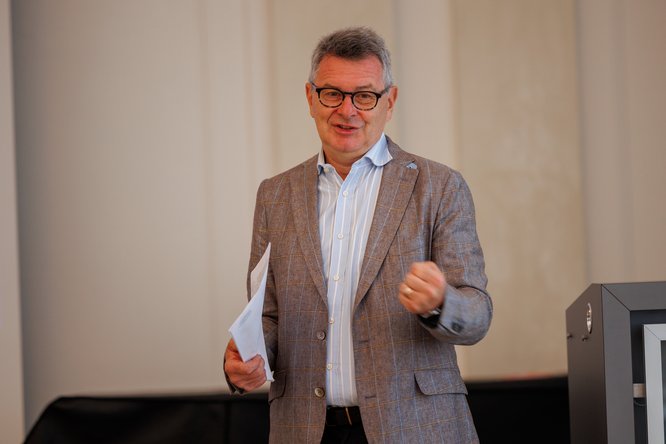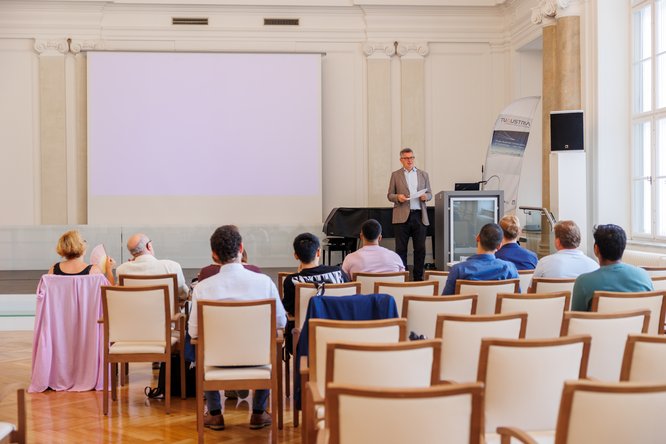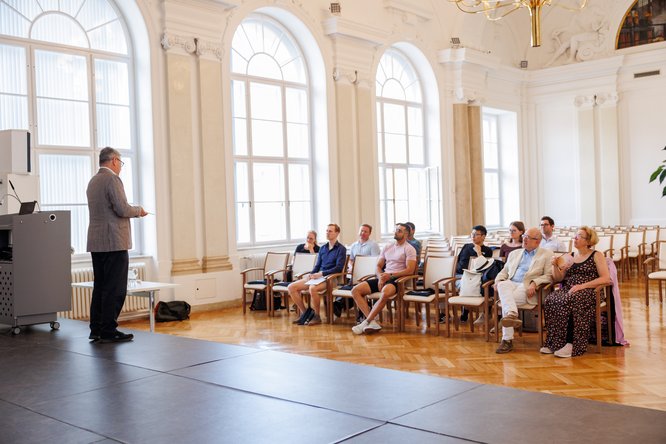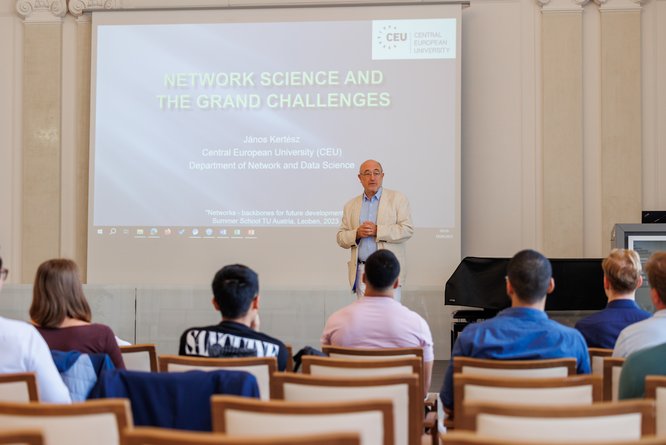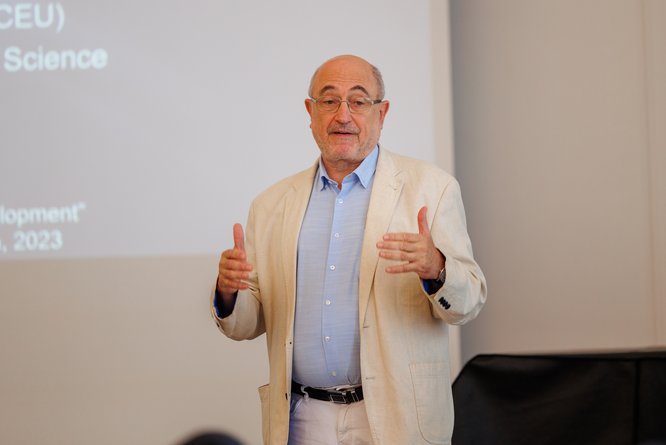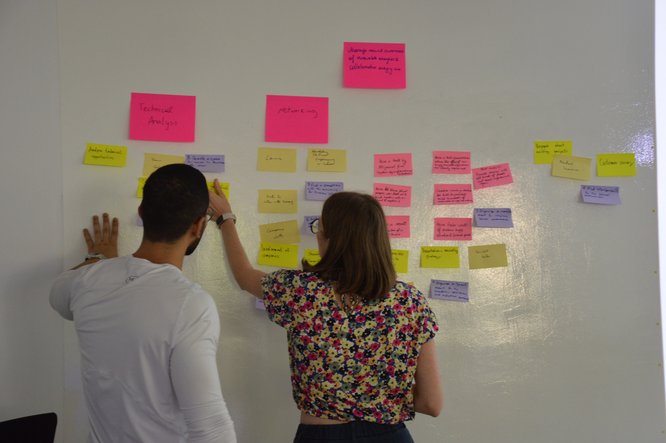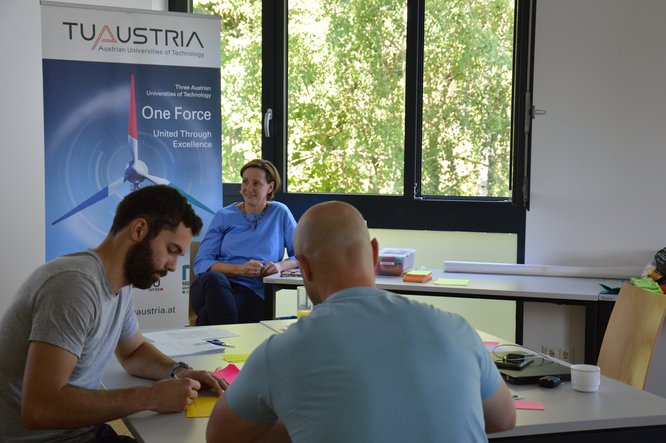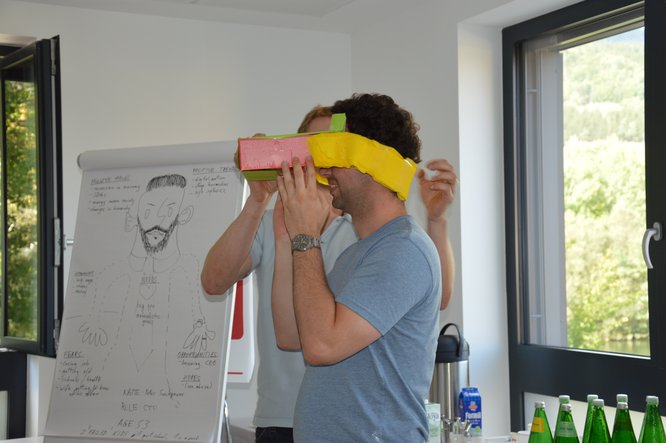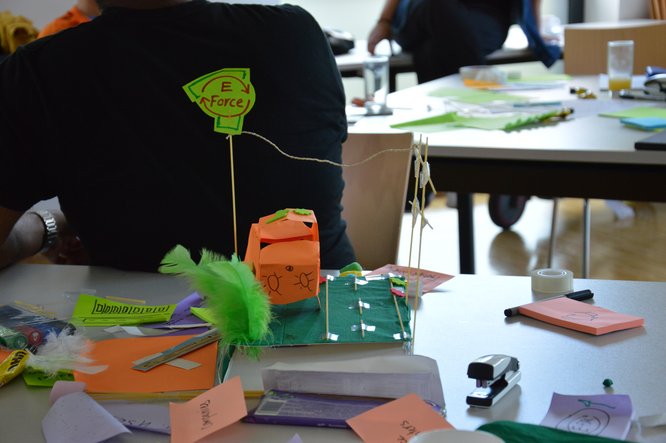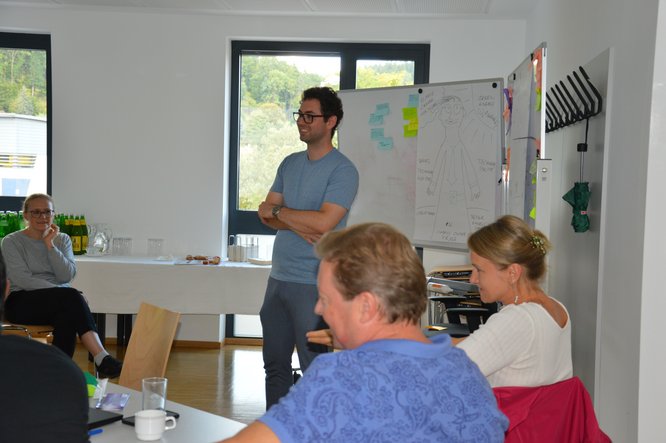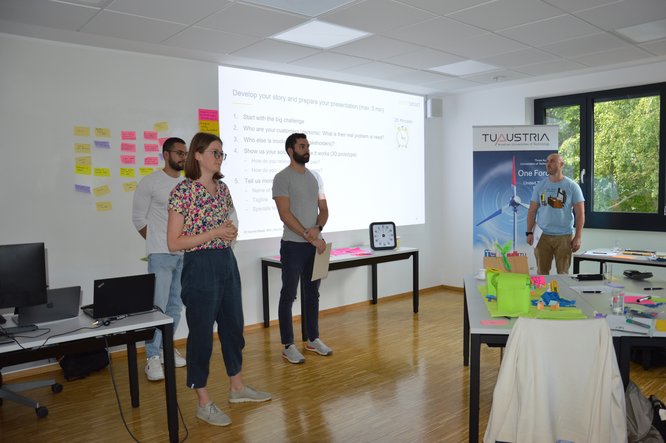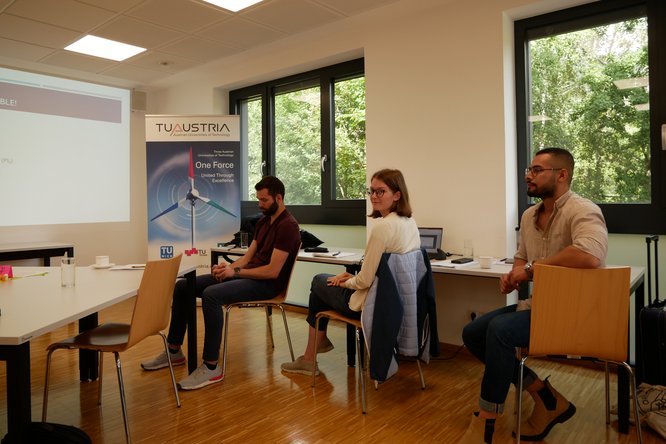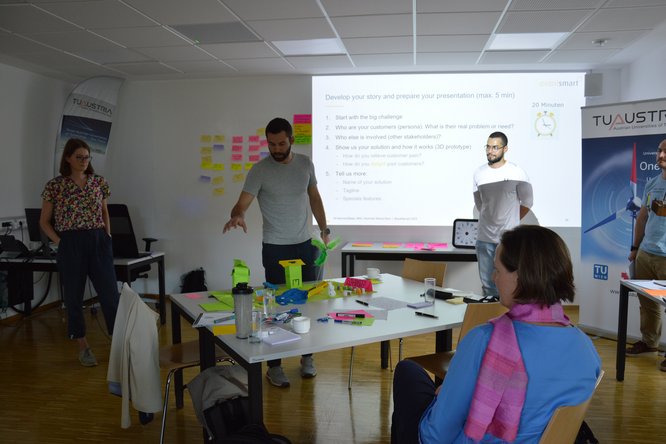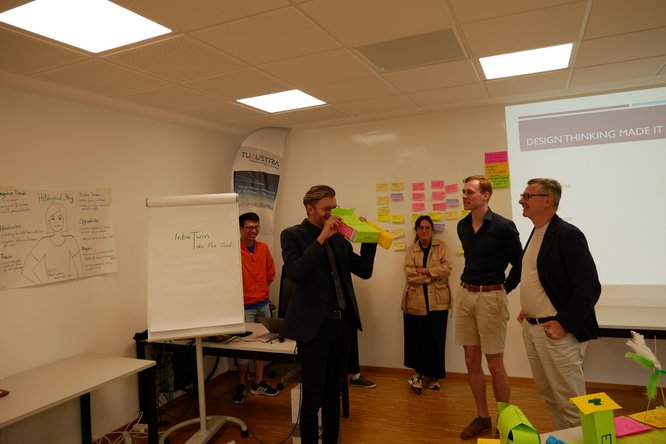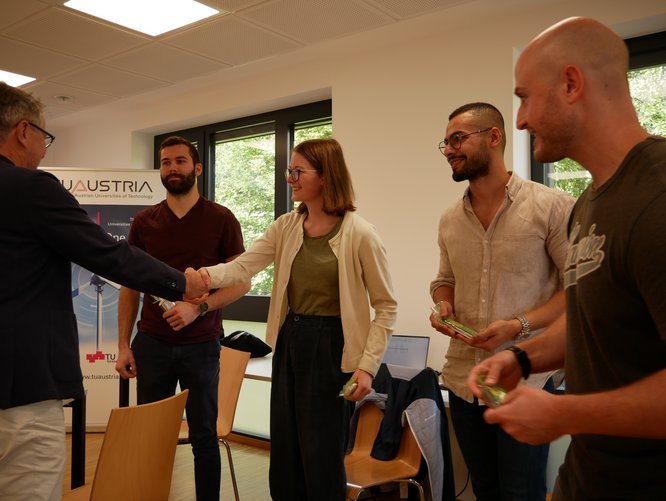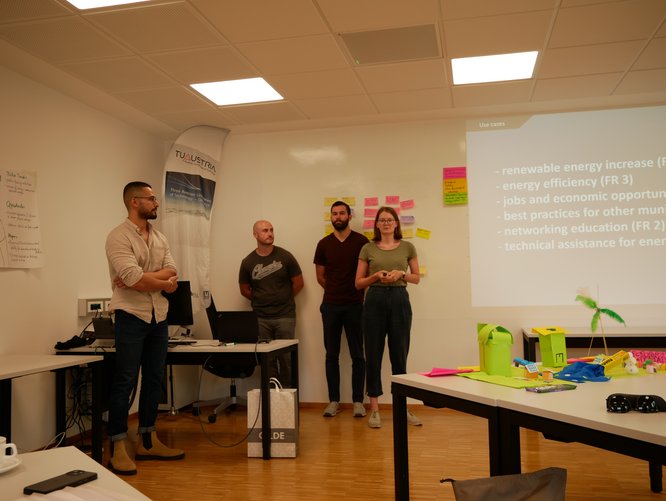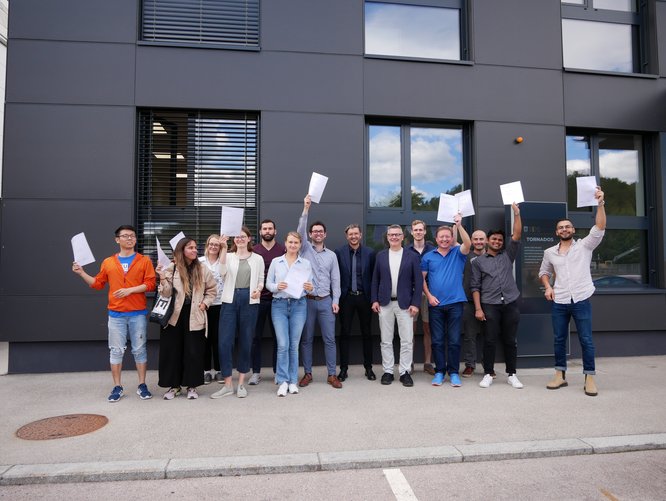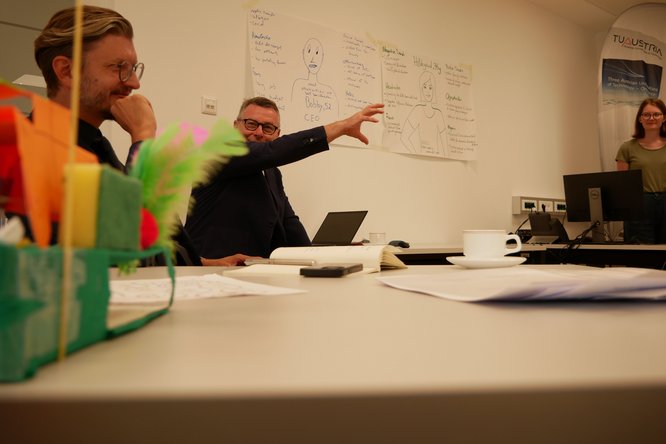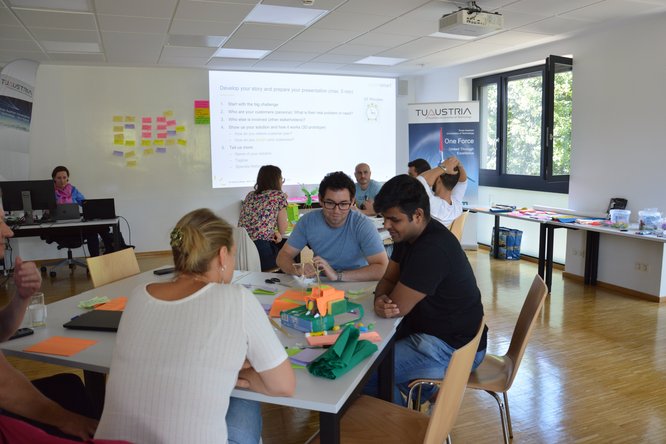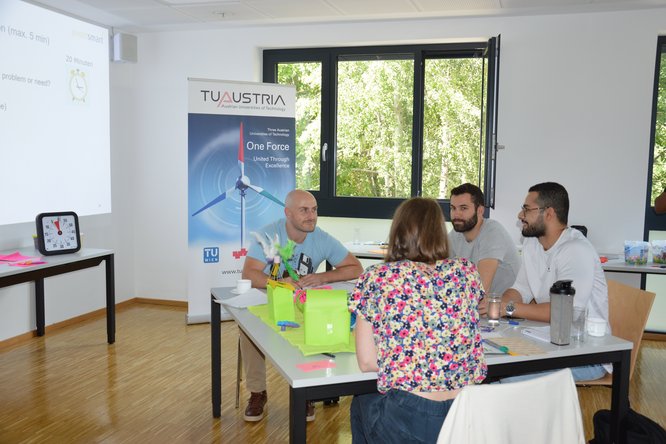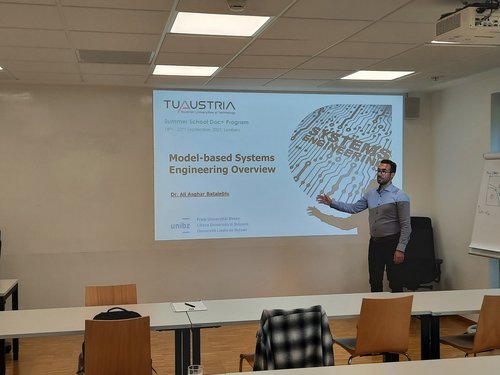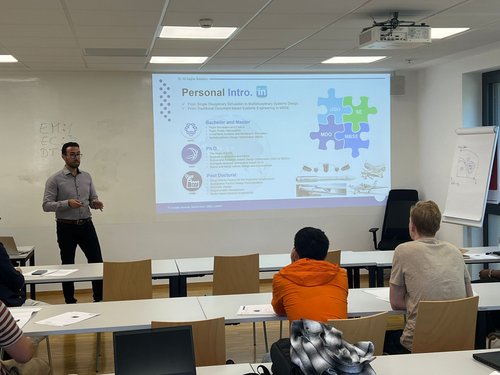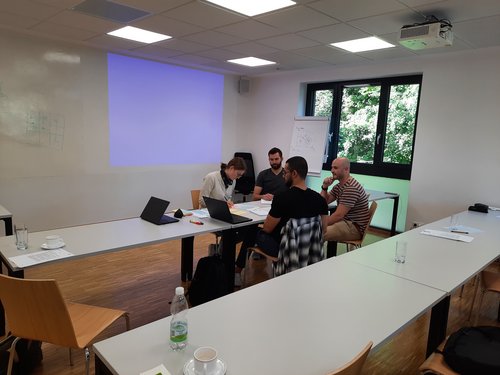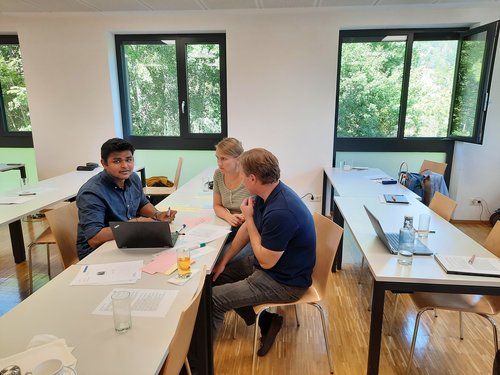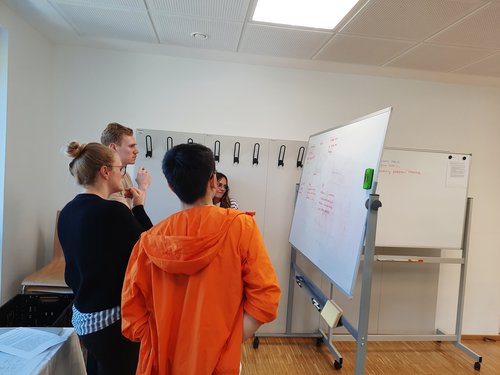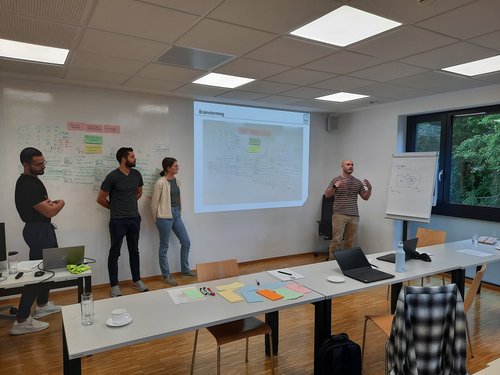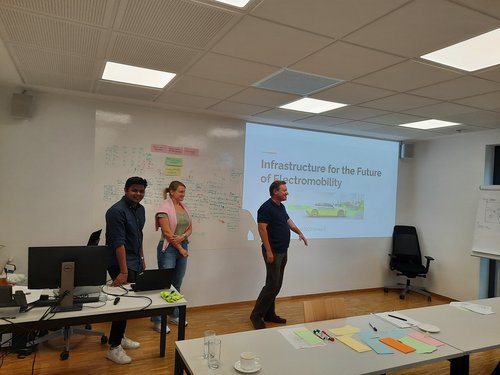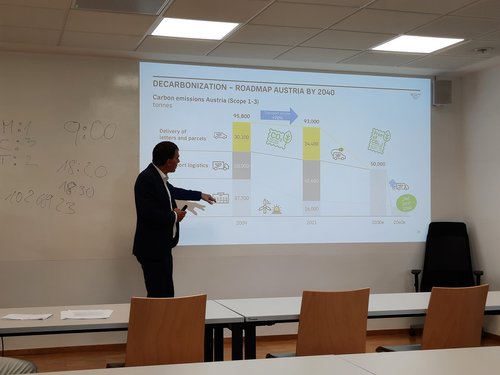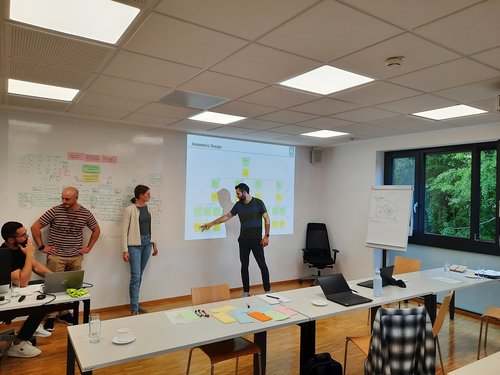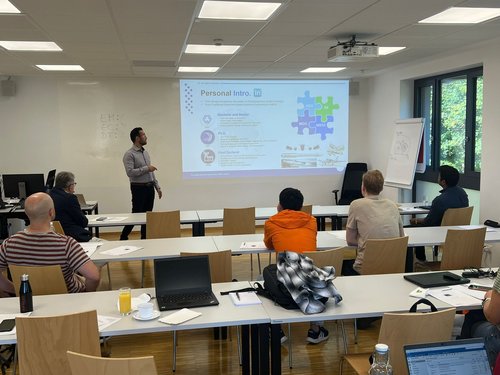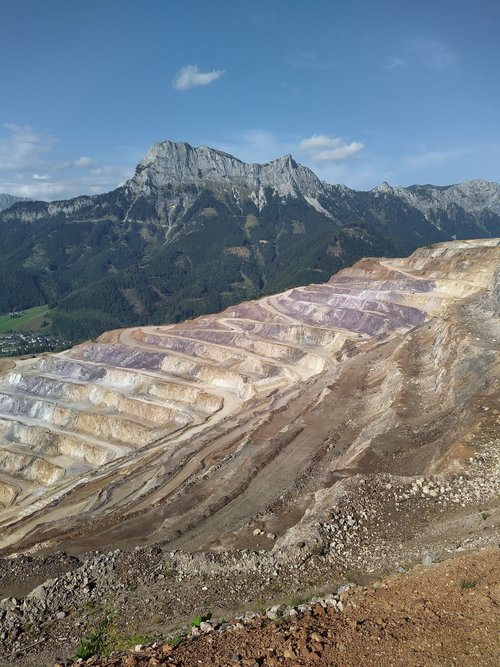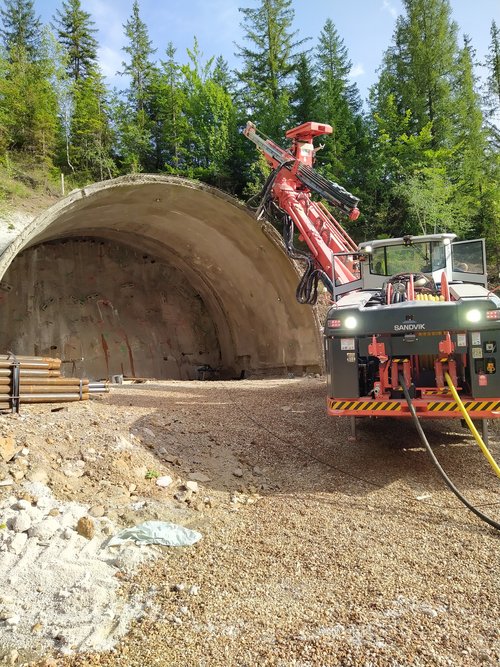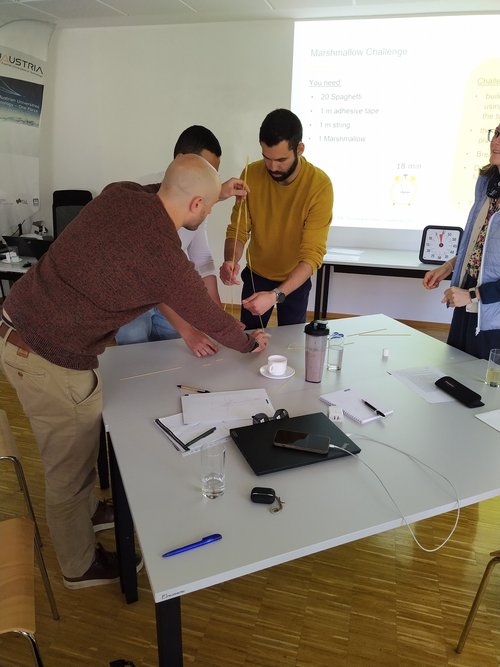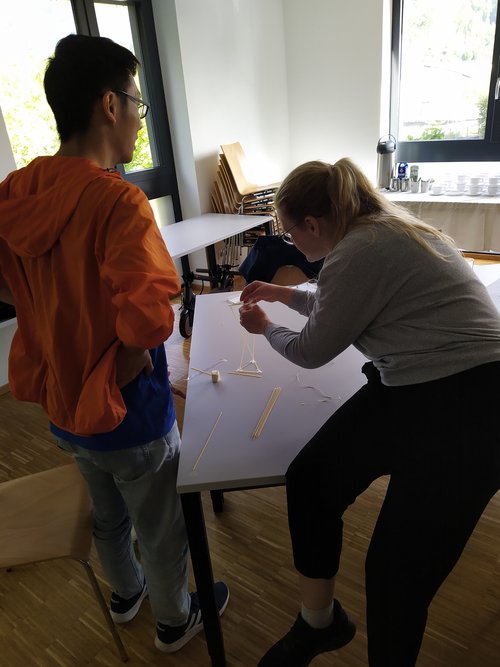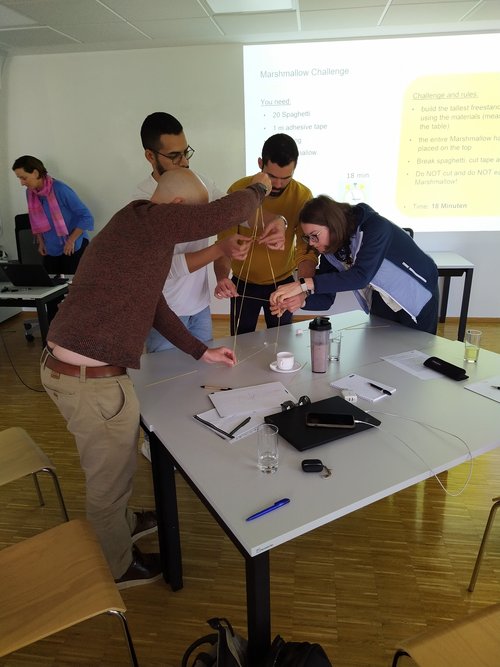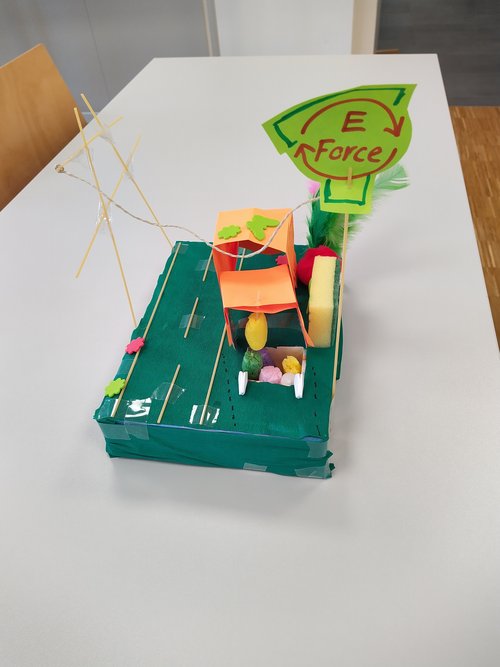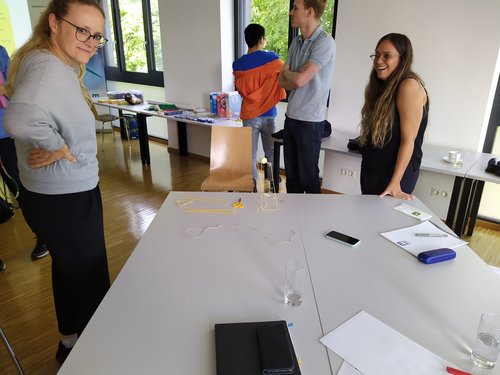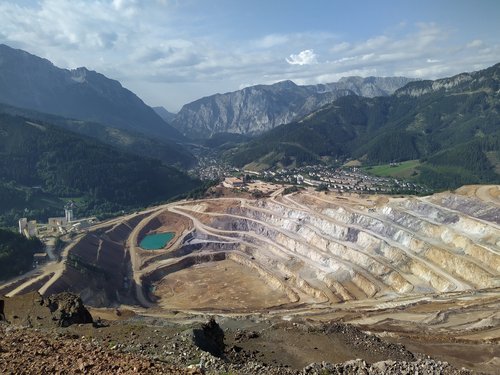6. Summer School Doc+ 2023
Vom 18. bis 22. September fand an der Montanuniversität Leoben die sechste Summer School Doc+ der TU Austria statt.
Netzwerke stehen im Mittelpunkt
Netzwerke sind für die moderne Industrie unverzichtbar, da sie Kommunikation, Zusammenarbeit und den Austausch von Informationen und Ressourcen ermöglichen. Die Bedeutung von Netzen hat in den letzten Jahren aufgrund der Globalisierung von Wertschöpfungsketten und der weit verbreiteten Einführung digitaler Technologien wie Internet, Cloud Computing und Internet der Dinge (IoT) zugenommen.
Die Nutzung von Netzwerken kann Unternehmen eine größere Flexibilität und Agilität verschaffen und darüber hinaus zu einer schnelleren und effektiveren Entscheidungsfindung sowie zu einer höheren Produktivität und Rentabilität führen. Mit Hilfe von Lieferkettennetzwerken können Unternehmen die Produktion und Lieferung von Waren und Dienstleistungen koordinieren, während soziale Netzwerke dazu beitragen können, Produkte und Dienstleistungen zu bewerben und mit Kunden in Kontakt zu treten.
Mit dem Aufkommen der Big-Data-Analytik können Unternehmen Netzwerke nutzen, um große Datenmengen aus verschiedenen Quellen wie Kundenfeedback, sozialen Medien und IoT-Sensoren zu sammeln und zu analysieren. Dies kann ihnen helfen, Muster und Trends zu erkennen, Einblicke in das Kundenverhalten zu gewinnen und ihre Produkte und Dienstleistungen zu verbessern.
Netzwerke sind für die moderne Industrie von entscheidender Bedeutung, da sie es Unternehmen ermöglichen, sich zu vernetzen, zu kommunizieren und auf eine Weise zusammenzuarbeiten, die früher unmöglich war.
Zielgruppe
Die TU Austria Summer School Doc+ 2023 befasst sich mit verschiedenen Aspekten von Netzwerken und bietet eine gute Gelegenheit, sich mit Methoden des Netzwerkdesigns vertraut zu machen. Netzwerke werden aus verschiedenen Perspektiven betrachtet, technisch, systemisch, sozial. Die Teilnehmer*innen beschäftigen sich mit Designfragen und entwickeln kreative Lösungsansätze für verschiedene Herausforderungen. Bei der diesjährigen Summer School nahmen 13 Doktoratsstudierende in Leoben teil.
TU Austria
Im Jahr 2010 gründeten die drei österreichischen Technischen Universitäten – die Technische Universität Wien, die Technische Universität Graz und die Montanuniversität Leoben – die „TU Austria". Dieser Verbund, der sich auf den Bereich der Natur- und Ingenieurwissenschaften konzentriert, hat mehr als 46.500 Studierende, 5.500 Absolvent*innen und 9.600 Mitarbeiter*innen. Die TU Austria-Universitäten bündeln ihre Kräfte und nutzen Synergieeffekte, um in Forschung, Lehre und Hochschulpolitik mehr zu leisten und als starker Partner in Industrie und Wirtschaft mit ihrem geballten Know-how zu überzeugen.
Weitere Informationen
Dipl.-Ing. Thomas Kurz
Lehrstuhl für Energieverbundtechnik
E-Mail: thomas.kurz@unileoben.ac.at
Tel.: 03842 402 5416
